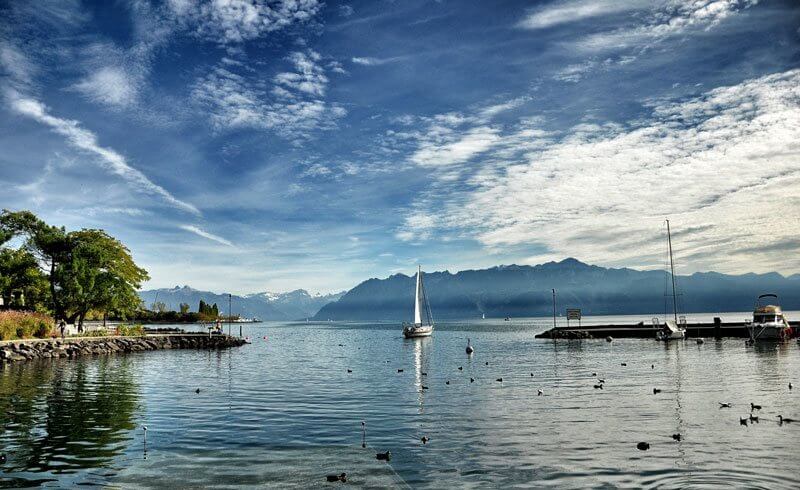
As of now, I am wholeheartedly continuing with only one of the two: German.
Phase I: Learning French
Let me go back to the first phase of my life here in Switzerland. What a place I was in! I used to live in the French part of Switzerland, which was beautiful. The views of Lac Leman were breathtaking, and what I saw beyond was equally appealing to my eyes! Amidst such surroundings where life seemed almost perfect, I hit the first road block: My inability to speak the local language.
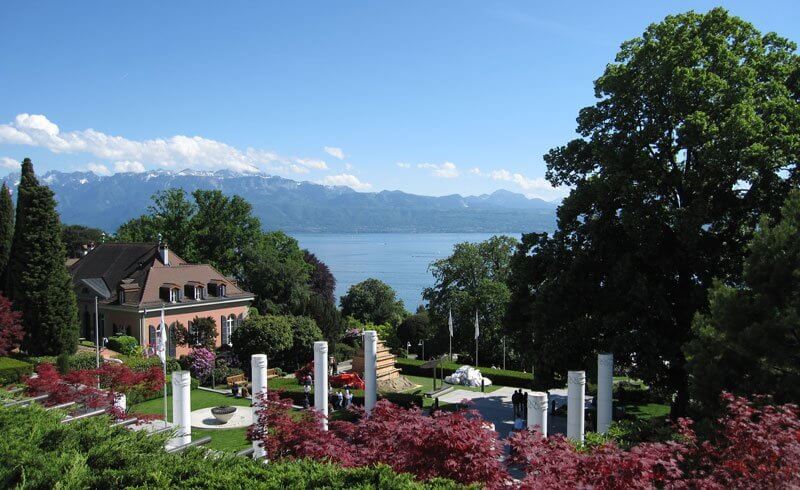
I was not motivated to learn this langue, and I also did not exactly surrounded myself with others making attempts to learn French. A few essential words and phrases were enough to buy, greet and get in touch with the locals. Any further conversations in French involved heavy bodily gestures on my part – some broken French with a lot of Anglais.
The fact was: Je ne parle pas Français!
Phase II: Learning German
After waving au revoir to the post studies in the Romandie, I made a good effort to learn the basics of the next foreign language I was going to encounter: German.
At the very least, I studied the numbers, salutations, vowels, nouns, verbs and a few sentence formations. This limited knowledge would help me living in the German part of Switzerland - or so I thought.
I was a lone wolf all over again. Whenever my mind hit the “lost” button, I made an effort to ask Sprechen Sie Französisch? - and out came the swift reply Nein.
So English became the norm. Oh well, speaking ein wenig English with the Swiss in the German part seemed better than learning yet another national language! I was not complaining.
Inside me, I heard a voice which wanted me to learn at least one of the Swiss national languages properly. So I invested some Zeit in learning and started to interact with the locals. It is very interesting to note that the Swiss are very proud of their own German dialect. Of course, it comes out of their mouths very natürlich.
Words differ, and so do the dialects. But to master this is part of the learning process, isn’t it?
I can now finally say that I understand Deutsch better than Französisch. The learning is in progress and will take some more time before I can achieve another level. I am no longer a beginner, though, and I have set my sights to hit the intermediate mark soon.
Recently, on a weekend trip to the French part, it was normal for me to rely on German. While I was able to read and comprehend French words, it was challenging to understand French - and to reply... All I had in my mind was German!
It took me some time to form even a few sentences in French, but this time around I asked the locals Parlez-vous allemagne? Any guesses what the response was?!?
The answer was English! I just could not believe people preferred English over German. I had tapped right into an ongoing rivalry - so to speak: A cold war of languages in a multi-lingual country... At least I learned to survive!
My Advice
What did I learn from this? The simplest surviving technique in Switzerland involves learning a local language. Don't have even basic language skills? Then forget about enjoying life over here...
Even if your job or your circle of friends do not pressure you to learn: Sit back and think about how it would be if those visiting your home country did not understand a word and made no effort to learn the local Sprache? Would they be able to experience the country or the culture to the fullest?
As for me, it would be no big issue and I would try my best to accommodate such a "tourister". But a tourister is what we will be unless we make an effort to learn more about the place and the language where we live.
For those who did not know already: Switzerland is a country with four official languages. German, French, Italian and Rumansh, with English being the preferred language after the primary spoken language of the region.
Most anywhere, English is desired as long as someone makes an effort to learn a local language, too. With all but English, you can get by in big cities and tourist spots. However, there is no escaping once you are out of these areas or are planning to stay in Switzerland long term.
(All photographs copyright by Rajan Thambehalli)

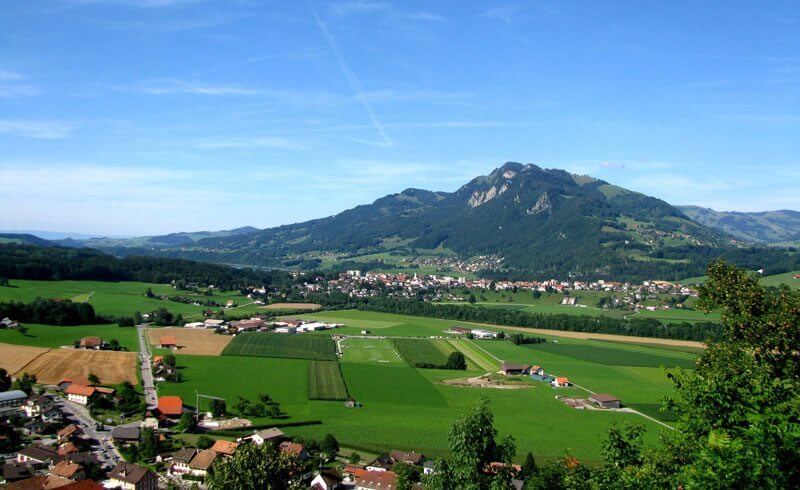
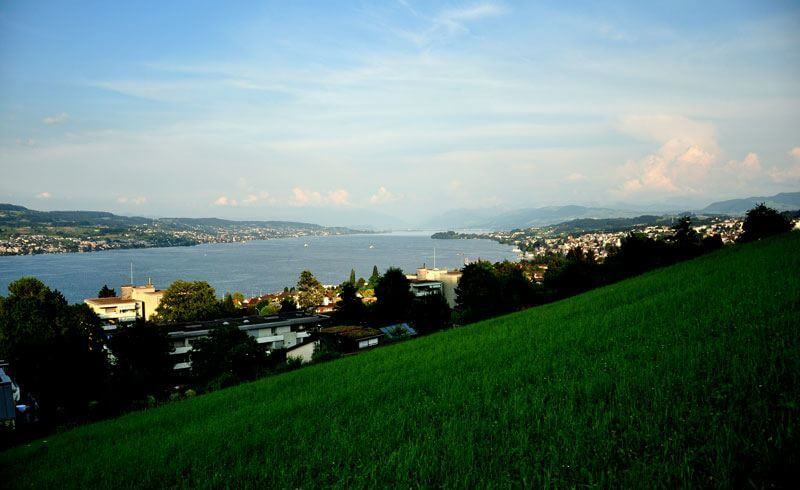
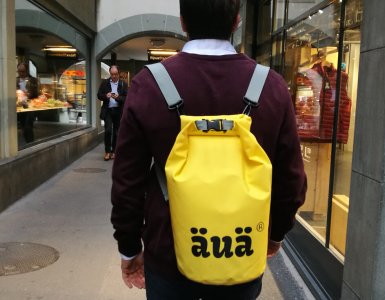

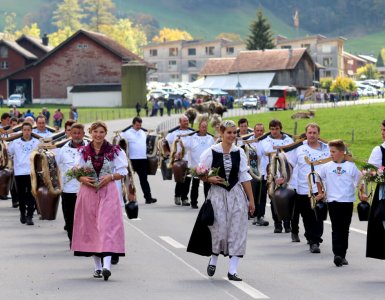

I don’t live in Switzerland but have been there 5 times over the past 2 years for extended visits. I was mostly in German-speaking areas or English-speaking resort areas. This summer we ventured into the French-speaking areas, and wow what a culture shock for me. Though I don’t know German, I feel like I understand most signs by now, days of the week, menus, and other basics. But in Fribourg I was at a loss. And in Montreux even more lost. I was shocked to see a La Poste box instead of Die Post! Thanks for pointing out the great language divide. Thank goodness most Swiss I have encountered speak English!
Loved your post! I speak mostly English, good conversational German, 30% French, 20% Schweizerduutsch. I was back in Switzerland last month for my Tante’s 80th birthday. Spent some time in Central Switzerland then down to Zermatt, with the party back in Zurich. After several days of trying to plug in Schweizerduutsch over the high German, switching to French for a cousin, I found I couldn’t really speak…anything! I had no idea what I was saying anymore. :) And — most baffling — when I switched to the Hochdeutsch my uncles and relatives said they didn’t understand (and I have a just fine accent, thank you). It seems though, that most people have enough of English so you can mix ok. They say they speak none, and then come up with a phrase that shows that just like me, they’re a little afraid to let loose with it. Good luck with the Deutsch lernen! I’m still studying too!
Thank you Kristin for sharing your thoughts. From what I have heard speaking to tourists, a lot of them do not encounter any problems as long as they are within the vicinity of so-called ‘tourist spots’. Once you are away from it, there are likely chances of encountering lingual awkwardness.
Thank you ‘Guest’. I felt that initially with French. I am yet to explore that with German. But you never know a few years outside of Switzerland and being in touch with German, I might experience it all over again! Luckily, most of whom I know and where I live they understand English.
Great post. Being from Aargau, I must say that, unfortunately, Swiss German is a big problem for people who come here, the pronunciation and the words are very distinct and peculiar. My maternal grandfather was from Canton Lucerne and he couldn’t even speak a word of Standard German. And I still remember arriving in Berlin some years ago, asking for directions, and this guy immediately goes “Are you from Zürich ?!”
Thankfully, most people speak at least two national languages – usually, it’s Italian for us Swiss Germans, French for Swiss Italians, and German for the Romands. Not all people are good with languages – I can speak fluent Italian, but am not so good with French, my mum still speaks bad Italian after 20 years in Ticino, and many people are just lazy, or they just speak their native dialect. This “röstigraben” mentality is mellowing with younger generations, but there’s still a long way to go. Anyway, good luck with your German and grüezi !!
Good article. I like it. recruitment process outsourcing,Talent finden
Home
Good article. recruitme.ch/
I like it. recruitment process outsourcing,Talent finden.